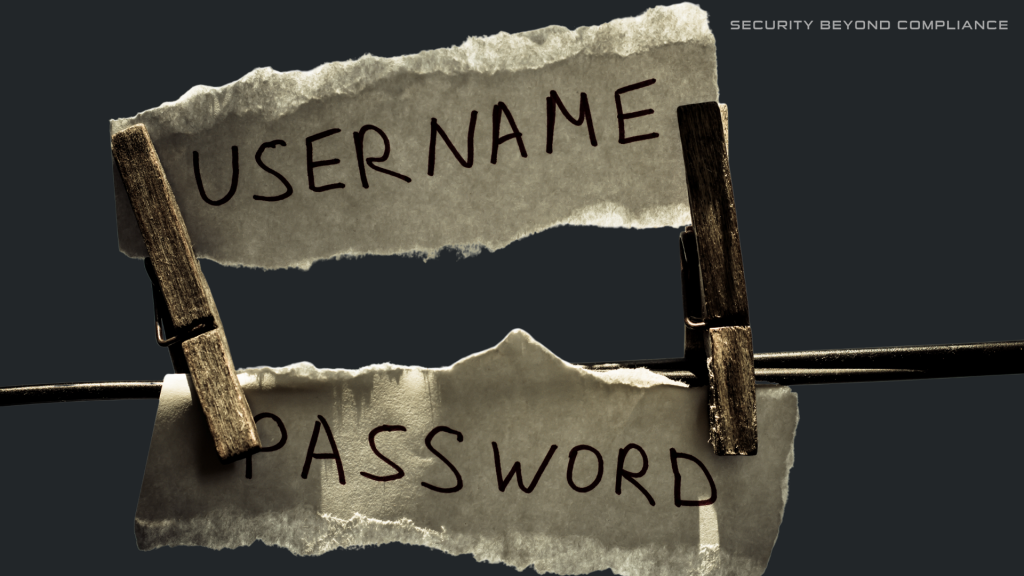Password security is now more important than ever but what constitutes good password policy now? One question we are often asked is ‘should you use a password manager?’ Sencode investigates.
Let’s Guess
Do you use the same password for more than one account?
Does it start with a capital letter?
Does it consist of just one or two words?
Followed by an exclamation mark perhaps, to add that special character?
I bet it ends in a number, doesn’t it? (Which is probably a date or your pin number too)
Unfortunately, using just one or a combination of the most common and predictable password traits makes you an easy target for a malicious hacker – and not necessarily a particularly skilled one. But, should you use a password manager?

In The Beginning
Prior to the turn of the millennium, we all used ‘password’ to access our computer files and check our fancy new electronic mail. After some time, the less scrupulous among us realised they could probably find out what the boss had been writing to his secretary for a good laugh. The Boss found out of course and, after being advised by the IT department, made his password more difficult. How? By putting a capital letter at the beginning and ‘1234’ at the end…
Poor Evolution
Over the years, we have gradually been relying on computers more and more in all walks of life. Without realising it, we have slowly been indoctrinated to create passwords in very similar ways to each other – very predicable ways. Adding a capital here, and a special character there so that we can keep re-using our cleverly-thought-of passwords no longer offers adequate protection.
Security Vs Convenience
It is the age-old battle between security and convenience. In order to make things more secure, we must introduce a higher level of complexity. However, in order to be able to remember things like passwords, they need to remain simple and meaningful to us. After all, we all know how inconvenient (and often infuriating) it is to forget a password.
The Solution
Employing the use of password managers solves almost all the inherent problems we face with passwords. A good one will suggest, create, and remember a different complex password for every account you have. This means if one password cracks, only one account is at risk. In addition to that, many password managers also provide multi factor authentication which will require an additional action from a different device or email to further reinforce secure access to your accounts. All you will need to do is create one strong passPHRASE (the longer the better) that you need to remember to access your password manager, and you are all set.
For more advice about password policy, contact us.
Frequently Asked Questions
A password manager is typically a piece of software that is designed to securely store passwords. Password managers remove a lot of the risk inherent in passwords by providing unique, secure passwords. They store them in a way that cannot be accessible without a master password.
Password managers encrypt saved passwords and are typically regarded as secure. This implies that even if an attacker gains access to your machine or password manager, they would still require the master password to access any data stored.
There are numerous password managers available on the market now and they vary in terms of functionality and security. The best answer to this question is to do your own research into which password managers currently have the best reviews, and which features are most likely to benefit you and your business.